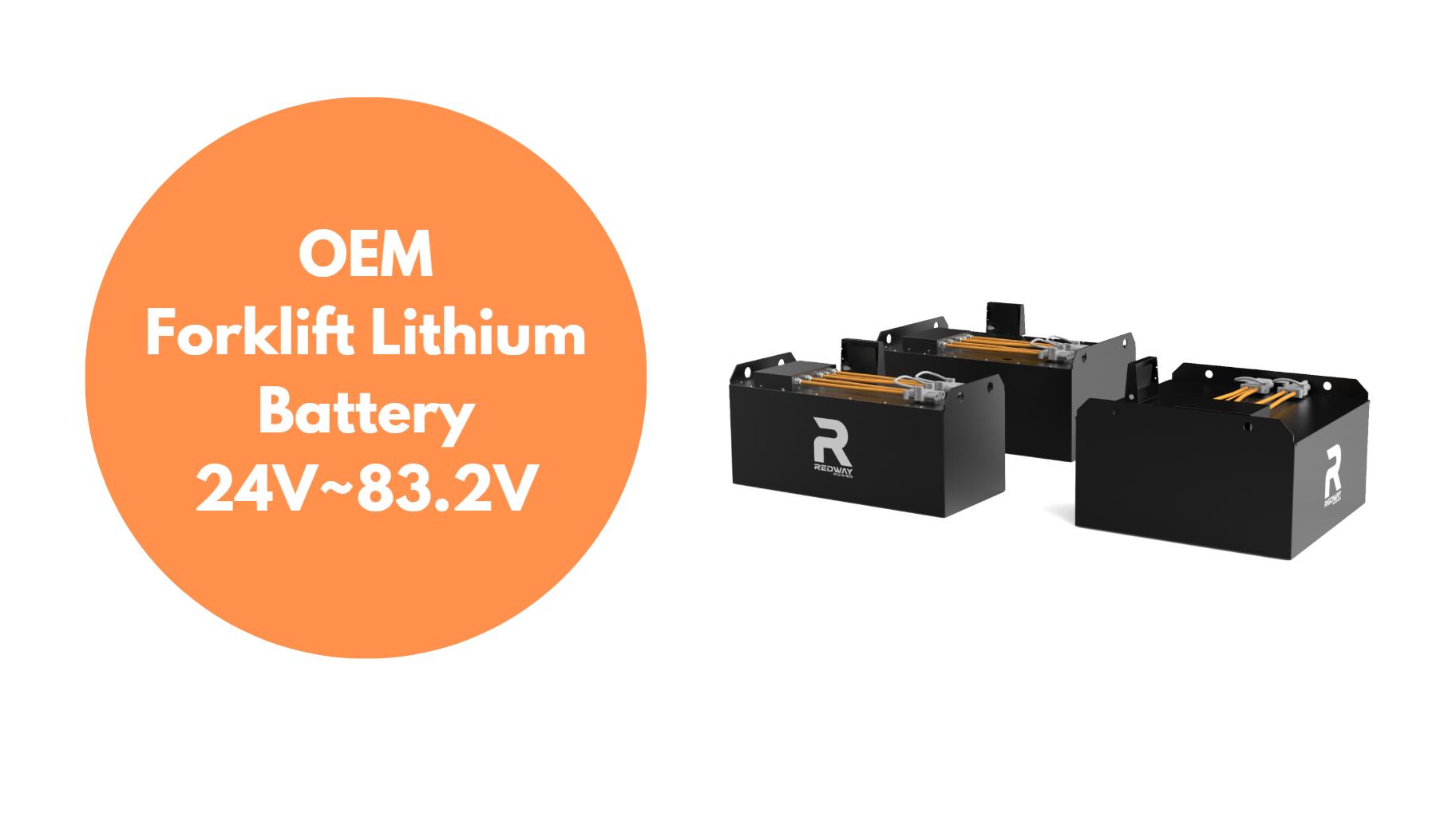What Are the Key Features of Yale’s Recognized Battery-Powered Forklifts?
Yale’s battery-powered forklifts are renowned for their efficiency, sustainability, and advanced technology. Key features include high-performance lithium-ion batteries, ergonomic designs, and smart technology integration that enhance operational productivity and safety. These forklifts are designed to meet the demands of various industries while minimizing environmental impact.
Key Features of Yale’s Battery-Powered Forklifts
- High-Performance Lithium-Ion Batteries
- Yale’s forklifts utilize advanced lithium-ion batteries that provide longer run times, faster charging, and reduced maintenance compared to traditional lead-acid batteries.
Feature Lithium-Ion Batteries Lead-Acid Batteries Charging Time 1-2 hours 8-12 hours Lifespan (cycles) 3000-5000 1500-2000 Maintenance Minimal Regular maintenance - Ergonomic Design
- The ergonomic design of Yale’s forklifts enhances operator comfort and reduces fatigue during long shifts. Features include adjustable seating, intuitive controls, and excellent visibility.
Ergonomic Feature Benefit Adjustable Seating Customizable comfort Intuitive Controls Reduced learning curve Enhanced Visibility Improved safety - Smart Technology Integration
- Yale incorporates smart technology that allows for real-time monitoring of battery health, performance metrics, and maintenance alerts, optimizing operational efficiency.
- Sustainability Focus
- With an emphasis on reducing emissions, Yale’s battery-powered forklifts contribute to a more sustainable operation. By using electric power instead of fossil fuels, they help companies meet environmental goals.
- Versatile Applications
- Designed for various applications, Yale’s forklifts can efficiently handle different loads in diverse environments, from warehouses to outdoor job sites.
Latest News
- Introduction of New Models: Yale has recently launched advanced battery-powered forklift models that focus on energy efficiency and performance.
- Sustainability Initiatives: The company is committed to reducing carbon footprints through the use of eco-friendly materials and processes.
- Technological Advancements: Yale’s latest forklifts incorporate smart technology for real-time data tracking and performance monitoring.
- Increased Market Demand: There is a growing demand for battery-powered forklifts as businesses prioritize sustainability and cost-effectiveness.
- Partnerships for Innovation: Yale is collaborating with technology firms to enhance the capabilities of their forklift systems.
Redway Expert Comment
As experts in Lithium LiFePO4 battery technology, we appreciate Yale’s commitment to innovation in battery-powered forklifts. Their focus on efficiency and sustainability aligns perfectly with our mission at Redway Battery. By integrating high-performance lithium batteries, these forklifts not only improve productivity but also contribute to a greener future in material handling.
Relation to Redway Battery Products
Yale’s focus on high-performance lithium-ion batteries directly relates to Redway Battery’s expertise in manufacturing Lithium LiFePO4 batteries. Our commitment to providing custom solutions ensures that businesses utilizing Yale’s forklifts can achieve optimal performance and longevity from their battery systems.For clients or importers seeking wholesale or OEM solutions, we recommend the Redway Lithium LiFePO4 Forklift Battery. This product is engineered to enhance the efficiency and reliability of Yale’s battery-powered forklifts, ensuring maximum productivity in material handling operations.
Top 5 Alternatives or Competitors
Here are five notable competitors in the battery-powered forklift market that also offer advanced features:
| Brand | Model | Battery Type | Key Feature |
|---|---|---|---|
| Hyster | J30XNT | Lithium-Ion | Advanced energy efficiency |
| Crown | SC Series | Lithium-Ion | Integrated smart technology |
| Toyota | 8FBCU30 | Lithium-Ion | Ergonomic design with sensors |
| Komatsu | FB15RL-12 | Lithium-Ion | High durability |
| Redway Battery | LiFePO4 Forklift Battery | Lithium LiFePO4 | Customizable solutions available |
In conclusion, Yale’s recognized battery-powered forklifts stand out due to their innovative features that prioritize efficiency, operator comfort, and sustainability. As industries continue to evolve towards greener practices, integrating these advanced forklifts with high-quality lithium batteries from Redway Battery will be essential for achieving optimal results in material handling operations.


